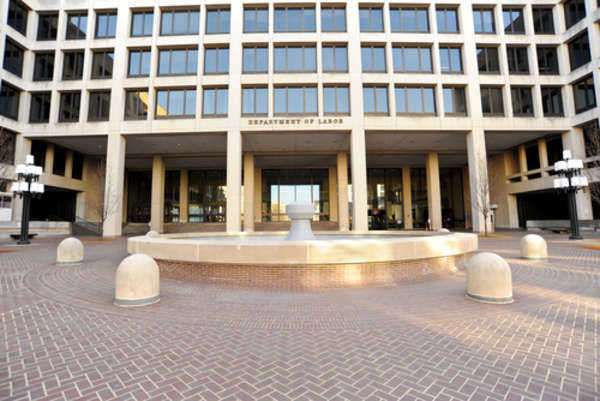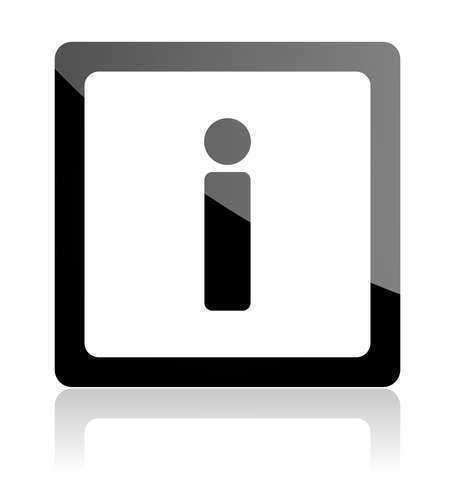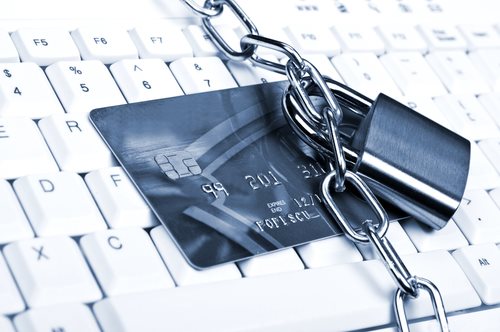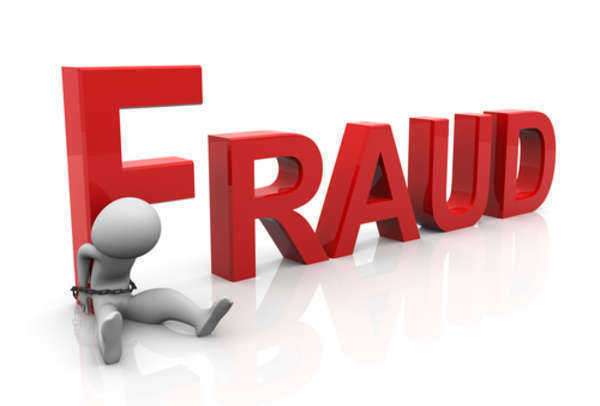Consumer Protection Act




 What is the Consumer Protection Act (1987)?
What is the Consumer Protection Act (1987)?
The Consumer Protection Act (1987) was a piece of English legislation that was passed in its titular year of 1987 by the Parliament of the United Kingdom; the Consumer Protection Act (1987) not only provided an adjustment to the preexisting statutory legislation with regard to consumer protection, consumer rights, and consumer law, but also mandated legal statutes and stipulation required of all vendors, suppliers, and manufacturers operating within the United Kingdom’s Commercial Marketplace.
Consumer Protection Act (1987) vs. The Consumer Credit Act (1974)
Prior to the passing of the Consumer Protection Act (1987), the Consumer Protection Act of 1974 was considered to be the foremost piece of legislation with regard to the provision and advocacy of consumer’s rights; however, the Consumer Credit Act of 1974 was considered may many to lack inherent protective measures granted to consumers outside of finance and credit – this act primarily focused on the establishment of terms, regulation, and procedures with regard to credit and financial lending.
The Consumer Protection Act (1987) is comprised of 3 primary sections, which are responsible for the citation of individual commercial processes and procedures; each of the 3 sections of this Act addresses specific undertakings involving the interactions between consumers and suppliers.
The Name of Involved Parties
The Consumer Protection Act (1987) names 2 primary parties undertaking commercial activity within the commercial marketplace within the United Kingdom – the consumer and the supplier. With regard to the statutes expressed with the Consumer Protection Act (1987), a consumer is identified as an individual who engages in the purchase of products and services for private usage in lieu of commercial use; a supplier is identified as the party who provides products and services for consumer purchase.
Section 1 of the Consumer Protection Act (1987)
Section 1 of the Consumer Protection Act (1987) addresses the regulation and administration latent within the instrument of product liability, which is a legal instrument providing for both the financial protection, as well as the safety of consumers. Product liability provides an agreement that products or services will operate and function in the fashion advertised contingent on proper usage.
Section 2 of the Consumer Protection Act (1987)
Section 2 of the Consumer Protection Act (1987) addresses the safety and structural integrity inherent within products and services available within the commercial marketplace. This process serves to both ensure and enforce the viability and integrity of a product or service available for purchase, with regard to the operation, safety, and life span of a product or service.
Section 3 of the Consumer Protection Act (1987)
Section 3 of the Consumer Protection Act (1987) addresses Consumer-based crime, which typically involves the purposeful and intentional misrepresentation of a product or service on the part of a commercial vendor with the expressed intention of deceiving a consumer.
 What is a Consumer Protection Act?
What is a Consumer Protection Act?
A Consumer Protection Act is piece of legislation that is passed with regard to the provision and administration of protecting the rights of consumers within a country or nation. Within the spectrum of both commercial law and consumer law, there exist a variety of roles which are undertaken by participatory individuals and groups operating within the scope of the commercial marketplace.
Consumers are identified as individuals or entities who willingly participate within the commercial marketplace upon engaging in purchase and financial transaction with regard to products and services available for commercial purchase. On an international level, the passing of a respective Consumer Protection Act serves as a regulatory measure enacted in order to protect the rights of consumers.
Suppliers
Suppliers – or vendors – are named as the individuals or entities within the commercial marketplace that provide products or services made available for consumer purchase. Although there exist a wide variety of statutory legislation with regard to acceptable practices with regard to suppliers, requirements including the provision of fair pricing, the illegality of commercial monopolization, and the abstinence from fraudulent advertising and product description are typical.
Consumer Protection Acts Around the Globe
The following Consumer Protection Acts have been passed and are currently enacted within various international locales:
In the United Kingdom, the Consumer Protection Act (1987) was passed in order to protect consumers from predatory or fraudulent commercial activity undertaken by suppliers or vendors; this Consumer Protection Act typifies and authorizes fair and ethical practices required by suppliers with regard to fair advertising, product liability, and ethical pricing structures – violations of this Consumer Protection Act may be regarded as either as a tort or criminal activity
In the United States, the Federal Trade Commission (FTC) is the governmental branch responsible for the administration and regulation of commercial affairs and the protection of consumer rights; the Federal Trade Commission has been responsible for the administration of Consumer Protection Acts including the Magnuson-Moss Warranty Act – this act clearly delineates the expectations, requirements, and legal responsibilities of suppliers
In India, the judicial system includes a legal venue called the Consumer Court; this court was implemented in order to solely hear, review, and try cases in which there exist disputes involving the violation of consumer rights
 What is a Consumer Protection Agency?
What is a Consumer Protection Agency?
A Consumer Protection Agency is an institution or agency responsible for the administration and provision of protective measures with regard to consumer rights; typically, a Consumer Protection Agency officiates statutory legislation with regard to statues and legality passed in order to ensure that the rights granted to consumers are upheld – furthermore, these types of Consumer Protection Agencies may also regulate the activity of vendors and suppliers within the setting of the commercial market in order to ensure that fair, ethical, and legal commercial practices are being undertaken.
What is the Nature of a Consumer Protection Agency?
A Consumer Protection Agency with regard to both its administration and structure is not uniform; while certain Consumer Protection Agencies are operated and overseen by the governing body of the country or nation in which they reside, other Consumer Protection Agencies may be operated privately.
The Better Business Bureau (BBB) is a private Consumer Protection Agency undertaking the mediation with regard to the lines of communication between consumers and businesses; in the event that an individual has experienced a presumed injustice within the realm of the commercial marketplace, that individual entity may report the alleged infraction to the Better Business Bureau for further investigation
The Federal Trade Commission (FTC) is a Federal institution mandated by the United States Government responsible for the maintenance, protection, and regulation of commercial activity undertaken within the commercial marketplace; this Consumer Protection Agency is authorized by the government to undertake investigative measures with regard to reported injustices and illegal commercial activity
The Responsibilities of a Consumer Protection Agency
Within the scope of responsibilities innate within the administration of an individual Consumer Protection Agency, both the structure and responsibilities may vary; however, the primary purpose will typically include measures taken in order to ensure the rights of a consumer – the following issues are amongst the most common within the scope of the commercial market:
A warranty is an expressed guarantee supplied by a supplier of a product or service that serves as insurance with regard to the performance and upkeep of a product or service purchased; the terms of warranties are analyzed by Consumer Protection Agencies in order to ensure that products are not falsely advertised and maintain structural integrity
False Advertising in the misrepresentation of the description innate within a product or service offered by a commercial supplier; although false advertising may occur on both an intentional or accidental basis, a Consumer Protection Agency may cite a supplier for engaging in this crime
Product Liability inherent within a product or service ensures the prevention of both financial loss and harm to personal wellbeing upon the engagement of the intended use of that product or service


